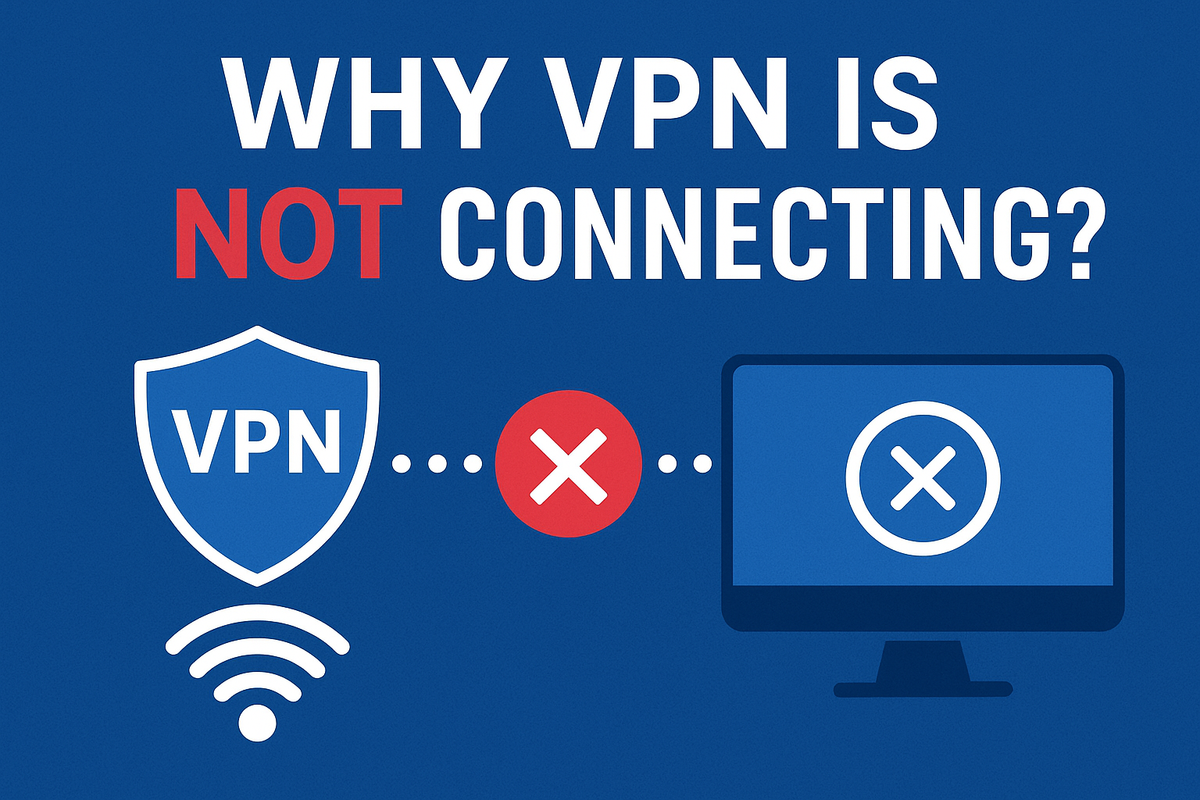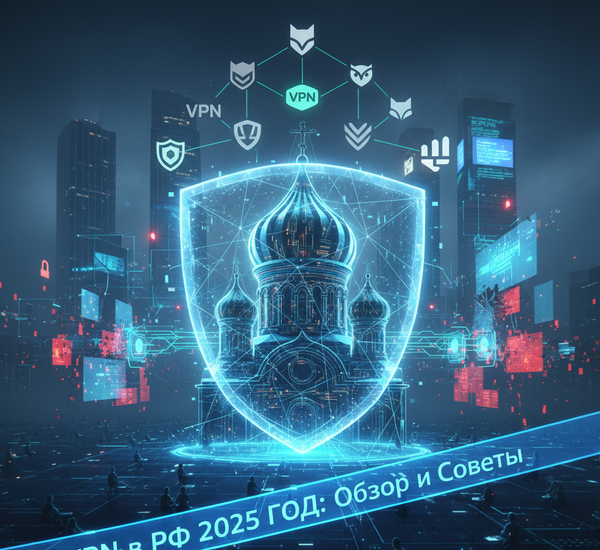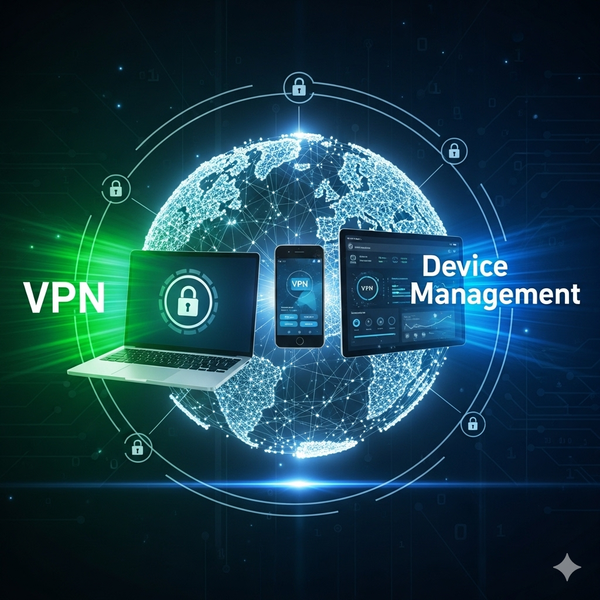Why VPN Is Not Connecting: Common Issues, Fixes, and a Better Alternative

1: Introduction: Why VPN Is Not Connecting is a Common Problem
In today’s digital world, millions of people rely on VPN services for privacy, security, and unrestricted access to the internet. But one of the most frustrating experiences users face is when a VPN simply refuses to connect. The message “why VPN is not connecting” appears in countless search queries every day, showing how widespread the problem is.
There are many possible reasons behind this issue: unstable internet connections, blocked VPN servers, outdated software, or even restrictions from your Internet Service Provider (ISP). For some users, the problem is temporary and easily fixed, but for others, it becomes a constant struggle.
This is why it’s important to understand not just the technical reasons why VPN is not connecting, but also how to find a service that avoids these issues altogether. A reliable VPN should not only establish a secure tunnel but also guarantee stable access without constant troubleshooting.
If you are tired of asking yourself “why VPN is not connecting,” one option worth considering is Winston VPN (https://t.me/vpn_winston_bot). Unlike many free or unstable services, Winston VPN offers a 3-day free trial, works on up to 5 devices with a single subscription, and provides seamless access to blocked websites while keeping your data secure.
In the following sections, we will explore the most common causes of VPN connection failures and provide step-by-step solutions. By the end, you will not only know how to troubleshoot but also why switching to a more stable VPN service can save you time and frustration.
2. Basic Connectivity Issues and Quick Fixes
One of the most frequent reasons why VPN is not connecting comes down to basic connectivity problems. Before diving into more advanced troubleshooting, it’s worth checking the simplest factors first.
1. Check Your Internet Connection
It might sound obvious, but if your regular internet is unstable or down, your VPN will not be able to connect either. Try opening a few websites without the VPN enabled. If pages load slowly or not at all, the problem is with your internet service, not the VPN. Restarting your router or switching to another Wi-Fi or mobile network can often resolve the issue.
2. Switch VPN Servers
Another common reason why VPN is not connecting is server unavailability. VPN providers usually offer multiple servers in different countries. If the server you selected is overloaded or temporarily offline, the connection may fail. Switching to another location often fixes the issue instantly.
3. Change VPN Protocols
Protocols determine how data travels between your device and the VPN server. Sometimes, a specific protocol (like OpenVPN or IKEv2) might be blocked by your ISP or unstable on certain networks. Changing the VPN protocol in your app’s settings can solve many “why VPN is not connecting” problems.
4. Restart Your Device and VPN App
It may sound too simple, but restarting your device and the VPN app can clear out temporary glitches. Cached data or minor background errors can sometimes prevent the VPN from connecting, and a fresh start often fixes it.
5. Update the VPN App
Outdated software is another reason why VPN is not connecting. Providers frequently update their apps to fix bugs, improve stability, and bypass new restrictions. Always make sure you are running the latest version of your VPN client.
If you’ve gone through these basic steps and are still facing problems, it may be time to look deeper into device-specific or network-related issues.
And remember: if you’re tired of constantly troubleshooting, Winston VPN (https://t.me/vpn_winston_bot) can save you the headache. It offers reliable connections, works across up to 5 devices under one subscription, and ensures access to blocked sites with strong data protection. Plus, you can test it free for 3 days before deciding.
3. Device-Specific Problems (Windows, Mac, iOS, Android)
Even after solving basic issues, many users still wonder why VPN is not connecting on their specific device. Each operating system handles VPN connections differently, which means that problems and solutions can vary depending on whether you’re on Windows, macOS, iOS, or Android.
Windows Issues
On Windows, one of the most common reasons why VPN is not connecting is related to network adapter conflicts. The VPN creates a virtual network adapter, but if drivers are outdated or corrupted, the connection fails. Updating your network drivers and reinstalling the VPN app usually resolves the issue.
Another frequent cause is Windows Firewall. It can block the VPN client from making connections. Temporarily disabling the firewall or adding the VPN app to the exceptions list often solves the problem.
macOS Issues
Mac users sometimes face a different set of challenges. If your VPN is not connecting on macOS, the culprit might be Keychain Access settings. Incorrectly saved credentials or certificates can prevent a secure connection. Clearing saved VPN profiles and re-adding them often helps.
Additionally, macOS updates occasionally change system permissions, which can block VPN apps until you reauthorize them in System Preferences > Security & Privacy.
iOS Problems
On iPhones and iPads, the most common reason why VPN is not connecting is related to network restrictions. For example, some mobile carriers block specific VPN protocols. Switching to another protocol in your VPN app can usually bypass this.
Another quick fix is resetting your network settings (Settings > General > Transfer or Reset iPhone > Reset > Reset Network Settings). This clears out conflicting configurations that may stop your VPN from connecting.
Android Problems
Android devices may run into similar issues. One major reason why VPN is not connecting on Android is battery optimization. Many Android phones automatically restrict background apps to save battery life, which can cut off VPN connections. Disabling battery optimization for your VPN app usually helps.
Additionally, some Android devices have built-in VPN settings that may conflict with third-party VPN apps. Deleting old or unused VPN profiles can restore smooth connections.
Device-specific troubleshooting can be frustrating, especially when the cause isn’t obvious. If you keep running into these problems and find yourself asking “why VPN is not connecting” over and over again, switching to a more stable solution may be the best option.
Winston VPN (https://t.me/vpn_winston_bot) is optimized for Windows, macOS, iOS, and Android alike, making setup simple across all platforms. With just one subscription, you can secure up to 5 devices at once and enjoy a seamless browsing experience. Plus, with a free 3-day trial, you can test it risk-free before committing.
4. Network Restrictions: Why VPN Is Not Connecting at Work or School
Sometimes, the reason why VPN is not connecting has nothing to do with your device or internet connection. Many workplaces, schools, and public networks intentionally block VPN traffic to enforce network policies or prevent access to certain websites. Understanding these restrictions can help you troubleshoot or find a better solution.
1. Blocked VPN Ports
VPNs rely on specific ports and protocols to establish a connection. For example, OpenVPN typically uses ports 1194 or 443. Network administrators can block these ports, causing your VPN to fail. If your VPN is not connecting, switching to a protocol that uses a commonly open port (like TCP 443) often resolves the issue.
2. Deep Packet Inspection (DPI)
Some networks use Deep Packet Inspection to detect VPN traffic. If DPI identifies your connection as a VPN, it may block or throttle it. This is a common reason why VPN is not connecting in strict network environments. Using a VPN that supports obfuscation or stealth mode can bypass DPI restrictions.
3. Captive Portals
Public Wi-Fi networks, such as those in cafes, airports, or hotels, often require you to log in via a captive portal before allowing internet access. Trying to connect your VPN before completing the login will fail. Always open a browser, log in to the network, and then start your VPN.
4. Network Policies
Some workplaces and educational institutions actively restrict VPN usage through firewalls or proxy settings. If your VPN is not connecting, it might be blocked at a network level. In such cases, using a reliable and secure VPN with strong bypass capabilities can make all the difference.
If you are constantly facing “why VPN is not connecting” issues due to network restrictions, it’s worth considering a service that prioritizes reliable access. Winston VPN (https://t.me/vpn_winston_bot) provides advanced server support that works even on restricted networks. It allows you to access blocked websites safely, protect your personal data, and connect multiple devices—all with a free 3-day trial.
5. Firewall and Antivirus Conflicts
Another common reason why VPN is not connecting involves conflicts with your firewall or antivirus software. While these security tools protect your device, they can sometimes mistakenly block legitimate VPN connections. Understanding and resolving these conflicts can restore your VPN functionality quickly.
1. Firewall Blocking VPN Traffic
Firewalls monitor incoming and outgoing traffic, and some are configured to block unknown applications by default. If your VPN is not connecting, the firewall may be preventing it from establishing a secure tunnel. Adding your VPN app to the firewall’s exception list or temporarily disabling the firewall can help identify if it’s the cause.
2. Antivirus Interference
Certain antivirus programs monitor network activity and can interfere with VPN connections. If your VPN is not connecting after installing a new antivirus, try temporarily disabling it to see if the connection works. Most antivirus software also allows you to whitelist applications, so you can let the VPN run without being blocked.
3. Third-Party Security Suites
Comprehensive security suites often include additional network monitoring tools or parental controls that can block VPN traffic. If you are unsure which component is causing the problem, you may need to check the suite’s network settings or consult the software’s support resources.
4. Router-Level Security
Sometimes, the firewall built into your router can block VPN connections. Certain routers have strict settings that prevent VPN protocols from working. Accessing your router settings to allow VPN traffic or changing the VPN protocol can often solve this issue.
Firewalls and antivirus software are essential for security, but they shouldn’t make you ask “why VPN is not connecting” every time you try to go online. For a smoother experience, Winston VPN (https://t.me/vpn_winston_bot) is designed to work seamlessly with most security programs while keeping your data protected. It also offers connection on up to 5 devices, access to blocked sites, and a free 3-day trial to test reliability without risk.
6. Outdated VPN Software and Protocol Issues
If you’ve checked your internet connection, device settings, and firewall but still wonder why VPN is not connecting, the issue may lie with outdated software or incompatible protocols. VPN technology evolves constantly, and using an outdated client can prevent proper connections.
1. Importance of VPN Updates
VPN providers regularly release updates to improve stability, add features, and patch security vulnerabilities. If your VPN is not connecting, ensure you’re running the latest version. Ignoring updates may result in connection errors, crashes, or even data exposure.
2. Protocol Compatibility
VPN protocols determine how your device communicates with servers. Popular protocols include OpenVPN, IKEv2, WireGuard, and L2TP/IPsec. Each has its strengths and weaknesses:
· OpenVPN: Highly secure but can be slower on some networks.
· WireGuard: Fast and modern, but may be blocked on certain networks.
· IKEv2/IPsec: Reliable for mobile devices, especially when switching networks.
If your VPN is not connecting, switching protocols in the settings can solve compatibility problems and bypass network restrictions.
3. Automatic vs. Manual Updates
Some VPN clients update automatically, while others require manual installation. Regularly checking for updates ensures your VPN works correctly and reduces the frequency of “why VPN is not connecting” problems.
4. Server Software Updates
Even if your app is updated, the VPN server itself may be undergoing maintenance or updates. Connecting to a different server often resolves the issue temporarily until the original server is back online.
Outdated software and protocol issues are a major reason many users experience constant connection problems. Instead of troubleshooting repeatedly, using a VPN known for stability can save time and frustration.
Winston VPN (https://t.me/vpn_winston_bot) ensures that both the client app and servers are regularly updated for optimal performance. With support for multiple protocols and up to 5 devices per subscription, it’s a hassle-free solution for those tired of asking “why VPN is not connecting.” You can even try it free for 3 days to experience the difference firsthand.


